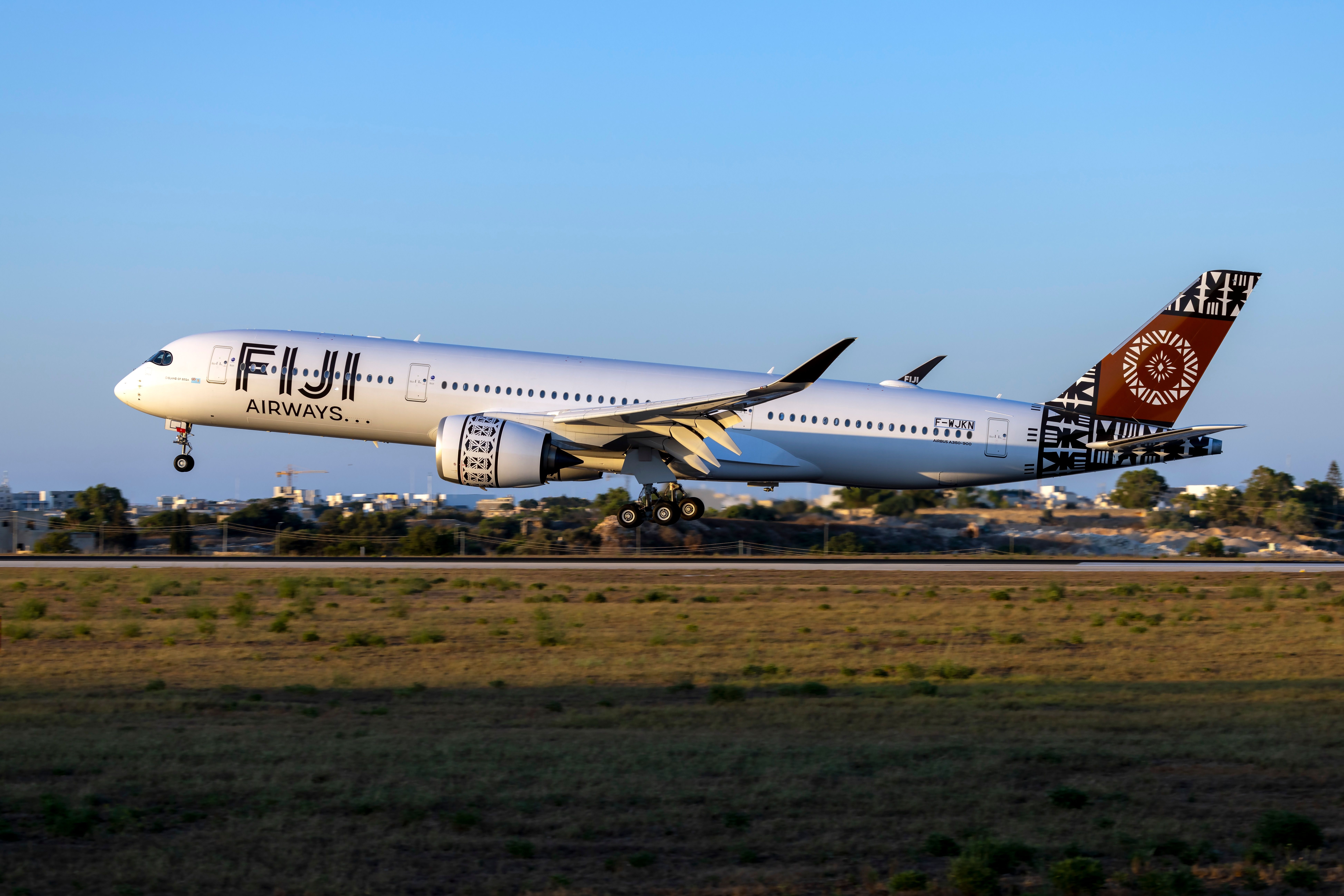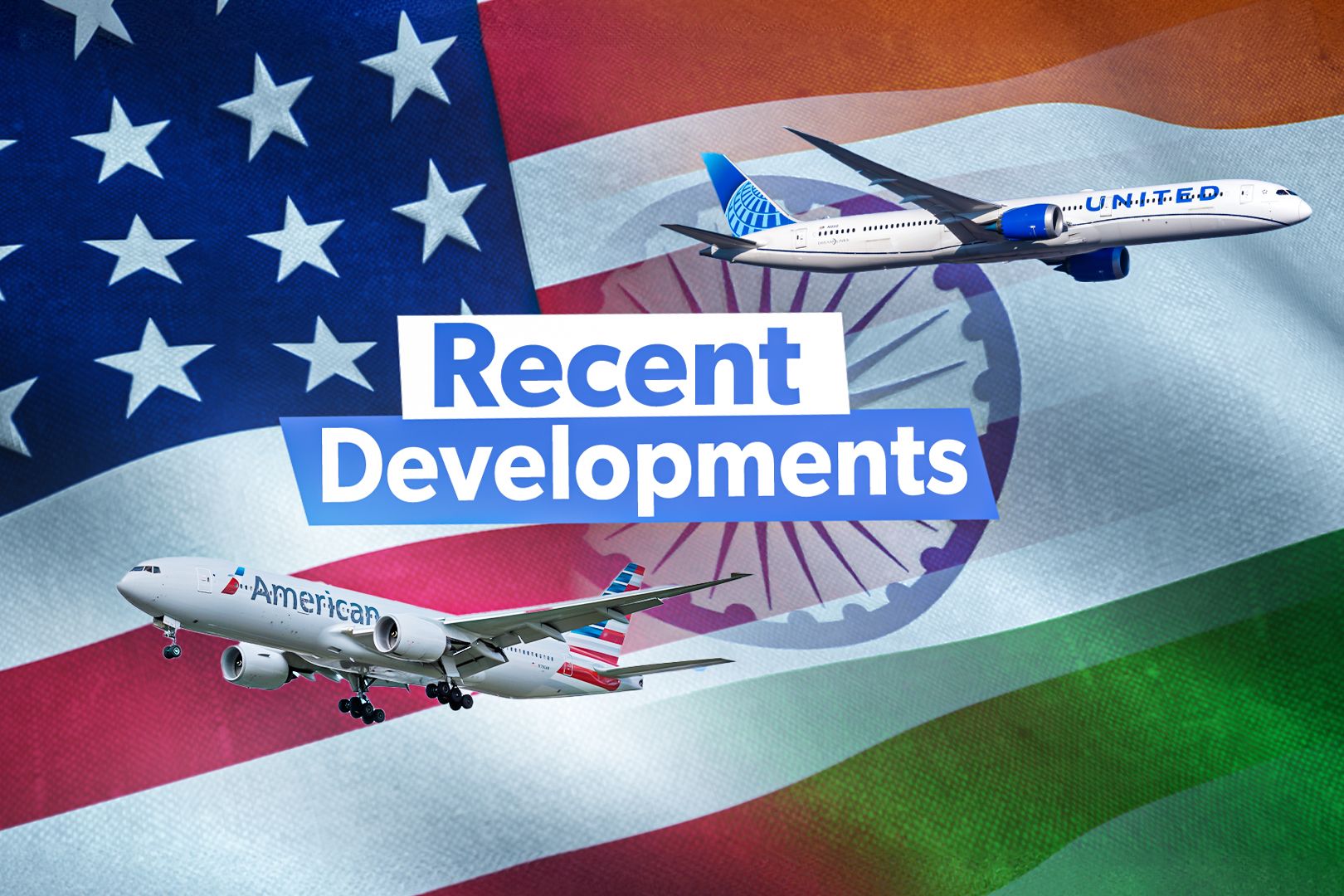Thursday, August 22, 2024 The global ecotourism market is on an impressive growth trajectory, with projections estimating it will reach $829.8 billion by 2035, expanding at a compound annual growth rate (CAGR) of 11.7% from 2024 to 2035.
This market growth is driven by an increasing demand for sustainable and authentic travel experiences that prioritize environmental conservation and cultural preservation. Ecotourism: A Sustainable Travel Movement Ecotourism is a form of sustainable travel that emphasizes the exploration and preservation of natural environments and cultural heritage. It advocates for responsible travel practices that minimize negative environmental impacts and support local communities.

Ecotourism activities typically include wildlife observation, hiking, and cultural immersion, while also contributing to conservation efforts and the economic well-being of local populations. The growing consumer preference for authentic and immersive travel experiences presents a significant opportunity for the ecotourism market. Modern travelers are increasingly seeking meaningful interactions with local cultures and environments, moving away from conventional tourist attractions.
Ecotourism meets this demand by offering sustainable and responsible ways to engage with nature and communities, fostering a deeper appreciation for biodiversity and cultural heritage. Eco-Conscious Consumer Behavior Driving Market Demand The rise in eco-conscious consumer behavior is a major factor propelling the demand for ecotourism. As awareness of environmental issues such as climate change, habitat destruction, and pollution grows, more travelers are opting for experiences that align with their values of sustainability and conservation.
Ecotourism provides these travelers with opportunities to minimize their carbon footprint, support conservation initiatives, and engage in responsible tourism that benefits local ecosystems and communities. This shift in consumer behavior is encouraging the development of new eco-friendly travel options, accommodations, and tour operators that cater to environmentally-aware travelers. The demand for ecotourism continues to rise as more consumers seek out destinations and activities that allow them to connect with nature responsibly while making a positive impact on the places they visit.
Diversification of Ecotourism Offerings The diversification of ecotourism offerings beyond traditional nature-based activities is another significant growth opportunity. By expanding the range of experiences to include cultural immersion, adventure tourism, and sustainable practices, ecotourism providers can attract a broader audience with varying interests and preferences. This approach not only enhances visitor satisfaction but also supports the sustainability of ecotourism destinations by promoting economic growth and cultural preservation.
Introducing activities such as community-based tourism, eco-friendly adventure sports, culinary tours focusing on sustainable food, and educational programs on environmental conservation allows ecotourism operators to cater to diverse traveler interests. This diversification contributes to the overall resilience and sustainability of ecotourism destinations. Market Segmentation and Regional Insights The ecotourism market is segmented by traveler type, age group, sales channel, and region.
The traveler type segment includes solo and group travelers. The age group segment is divided into Generation X, Generation Y, and Generation Z. The sales channel segment is categorized into travel agents and direct bookings.
Regionally, the market is analyzed across North America, Europe, Asia-Pacific, and LAMEA (Latin America, Middle East, and Africa). Key Players in the Ecotourism Market The report profiles several key players in the ecotourism market, including: Key Benefits for Stakeholders.



















